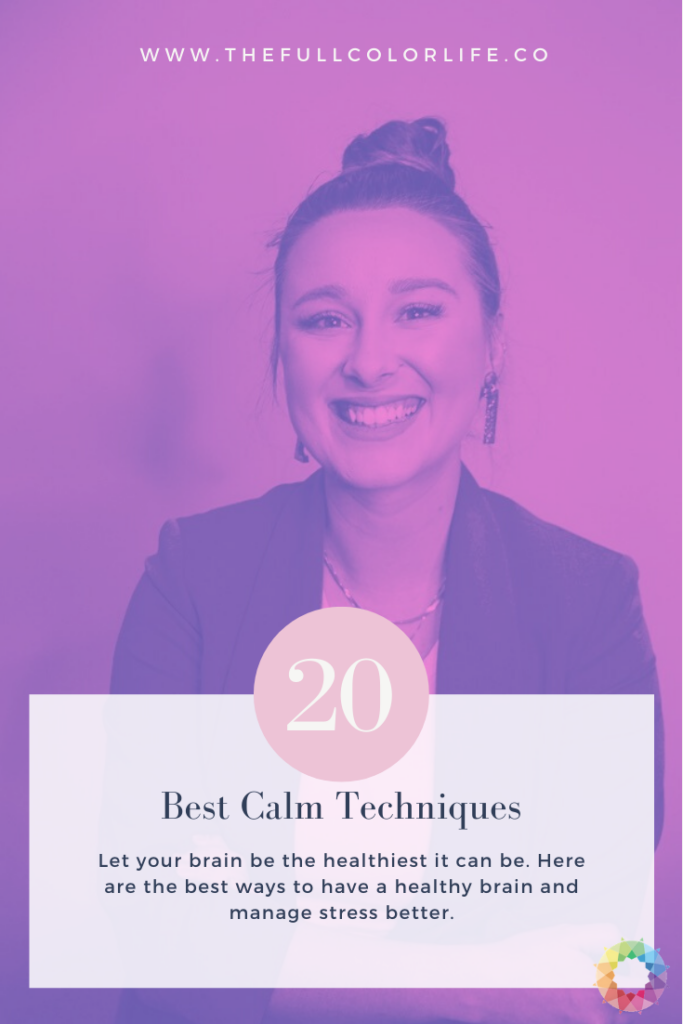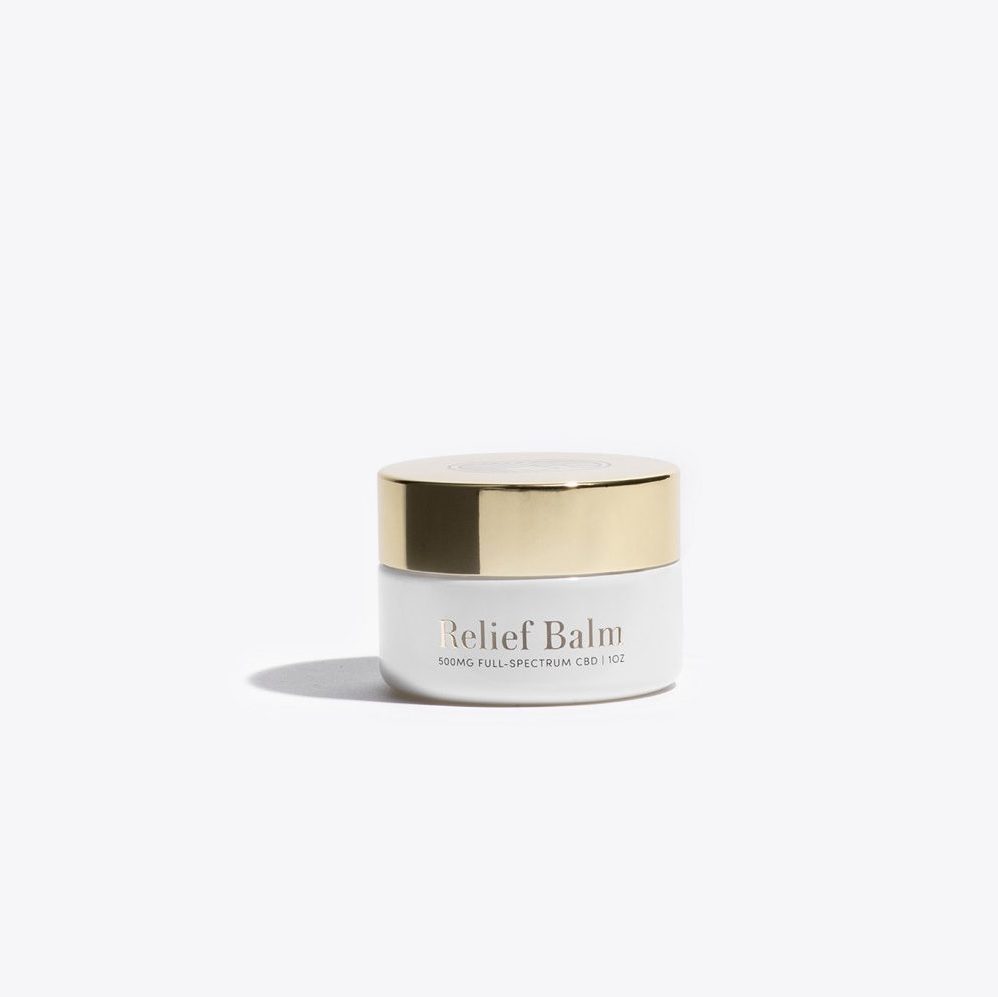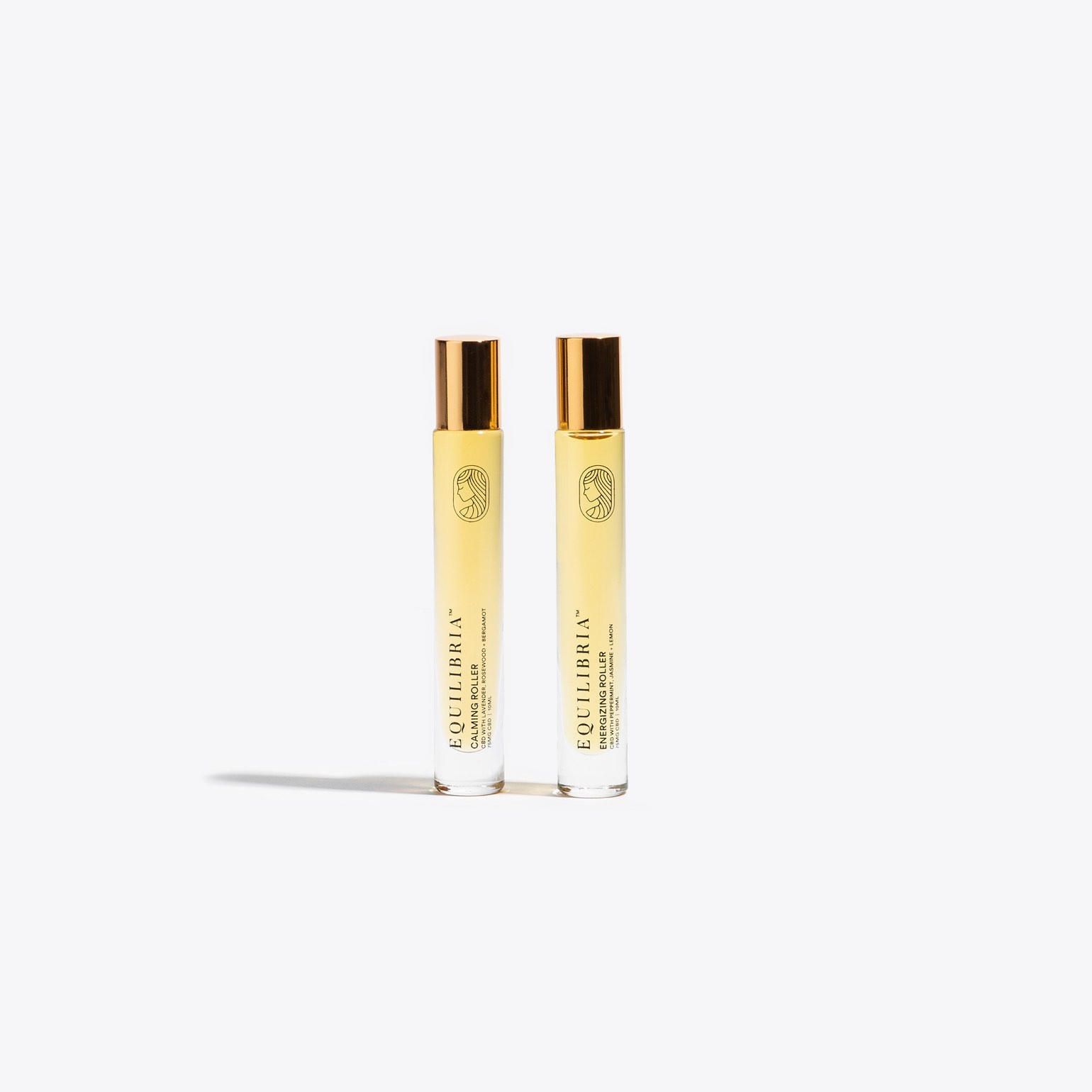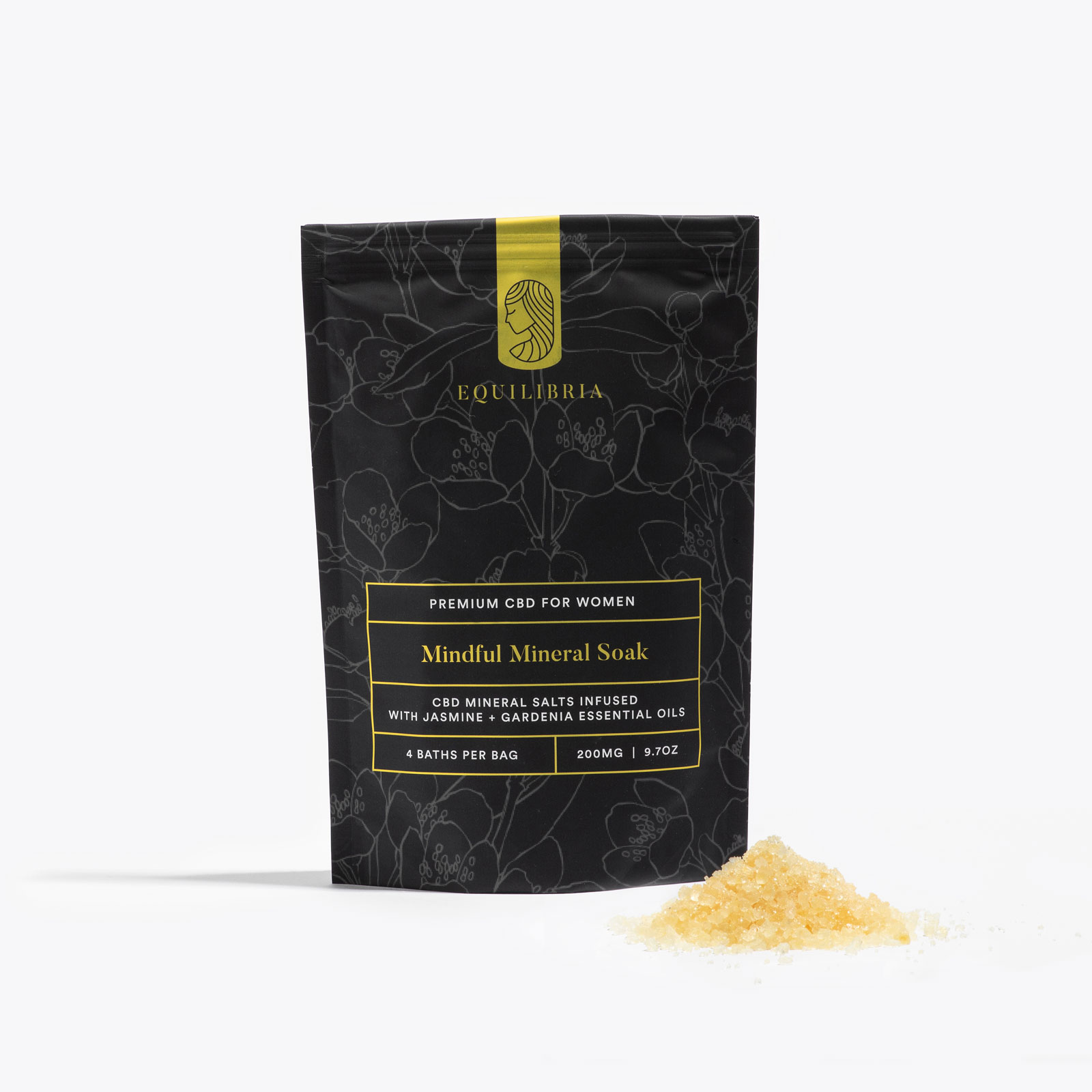
I haven’t slept great the last few days. How about you? It’s not only the stress of trying to avoid getting sick, but also the inconsistency of our jobs. Our normal schedules have been completely changed. Many are staying home, some are unemployed for at least a month, and others are having to problem solve to make up for companies that are shut down. The lack of the community and stability we are all used to having is causing extra anxiety and stress. Managing our stress during this time is crucial, since it is also a great way to create a stronger immune system. Here are the best calm techniques I have found to be helpful. I am not a mental health professional… yet… However, through my studies these 20 techniques are the best ways to manage our stress and anxiety.
20 Ways to Manage Stress + Anxiety
- Focus on What You Can Control — When you experience many forms of anxiety, writing down all the things you can control in your situation is a great way to start to release that anxiety. This helps you focus, and then you can come up with a game plan.
- Limit Your Intake of News — Put a time limit on your intake of news sources. Twenty minutes a day is healthy. You can also watch the news at a certain time of the day. Before dinner is probably a better time rather than right before you go to sleep.
- Find Reliable Sources — Go to the most reliable source for news. If you are wanting to limit your stress, finding fake news can just cause more problems rather than reduce stress. For example checking only CDC.gov for information on the Coronavirus will limit unnecessary false facts that add to your fears.
- Avoid Anxious People Who Infect with Toxic Information — Just like sickness, toxic people spread bad information. Make sure the people you are talking to the most about a stressful situation 1) are looking out for your benefit 2) are looking at the facts 3) are brainstorming solutions, not just pointing out problems.
- Laugh — Laughter is always a good way to support your immune system, build relationships, and create connection with others.
- Get Vitamin C — The New York Post wrote an article about how coronavirus patients have been treated with vitamin C. Health specialists have said that patients are doing better if they receive vitamin C, however, this does not mean it cures the virus. This makes sense since Vitamin C helps build up your immune system and covers you if you have any immune deficiencies.
- Eat Onions, Mushrooms, and Garlic — These veggies have essential vitamins and help build your immune system. They also reduce blood pressure.
- Healthy Worry is OK — The frontal lobe functions as an alarm system. When your alarm system is down you won’t be as concerned with things you should be concerned about. Be concerned enough to wash your hands and take certain safety precautions. Exercise is a good way to build up your frontal lobe, whereas alcohol and drugs will wear that part of your brain down.
- Look Through Old Photo Albums — Thinking about happy memories helps you feel grounded and safe. This is also just something fun to do since we are all on lock down.
- Stay Away From Sugars and Alcohol — Alcohol is a dehydrate. The more your body is hydrated the better you’re able to deal with stress. Sugars actually raise your blood sugar and your body has to release the chemical cortisol to balance the sugar. Cortisol is a stress hormone that keeps you from being able to deal with life issues.
- Drink More Water — Water is a great way to clean out your body of toxicity. Dehydration also increases your cortisol, the stress hormone, which keeps you from being able to deal with everyday problems. When you drink more water you have less cortisol in your body, and the better ability to deal with stress.
- Write Down Ten Positive Thoughts — Every thought releases chemicals. This means your thoughts really do matter.
- Move — Most fitness experts will all agree that moving for at least 30 minutes every day helps with managing anxiety and improving your over all health. Options include – Getting your heart rate up. Planks, pushups, jumps, burpees.
- Find Ways to Connect with Others — Get creative with ways to make healthy connections with others. Call a friend, send a text, or connect on facebook.
- Define Fear and Anxiety — Remember fear is seeing what is right in front of you. Anxiety is being afraid of what you can’t see or what hasn’t happened yet.
- Learn a New Skill — Teach yourself a new skill. Your brain gets stronger when you teach yourself something new.
- Sleep! — You should be getting 7.5-9 hours of deep sleep. This is because sleep heals your brain, resets your mood, and compiles what you’ve learned. Using alcohol to fall asleep keeps you from having rem sleep. This is your dream sleep where your brain builds creativity.
- Build a Community who is Cheering on Your New Healthy Habits — Ask your friend group who would like to join you in working out at home, or eating healthy, or writing down positive thoughts. Having a community who shares your enthusiasm for healthy change will allow you to be more consistent in your habits.
- Breath — Anytime you can give your brain more oxygen you release your body of anxiety and stress. Take three seconds to breath in and three seconds to breath out.
- Take Time to Do Something for Someone Else — Getting your focus off of yourself and on someone else is a great stress reliever.
We cannot afford to give into our fear and cause more panic. Toxic, fearful thinking shifts our bodies into toxic stress, which can cause the blood vessels around the heart to constrict, and this means there will be less blood flow and oxygen to the brain, and 1400 neurophysiological responses can work against us instead of for us, potentially making us more vulnerable to viruses.
Dr. Caroline Leaf
Thank you for stopping by! I hope this helps! Take care of your brain, reduce your anxiety and build your immune system! Stay healthy emotionally and stay healthy physically.
HL
- Elevate Your Space with The Pura Diffuser
- How to Use Color Psychology in Your Wardrobe to Boost Your Mental Health
- Why I Love My Kindle
- Why I Practice Hygge as a Mental Health Therapist
- Rhema Lynn : A Birth Story
Sources:
https://drleaf.com/blogs/news/covid-19-truths-misinformation-symptoms-possible-vaccines-why-social-distancing-is-important-and-more-by-epidemiologist-dr-will-bulsiewicz
https://www.cdc.gov/coronavirus/2019-ncov/symptoms-testing/symptoms.html
https://www.amenclinics.com/blog/how-mental-health-affects-your-risk-for-coronavirus/
Edited by Miranda Bond






